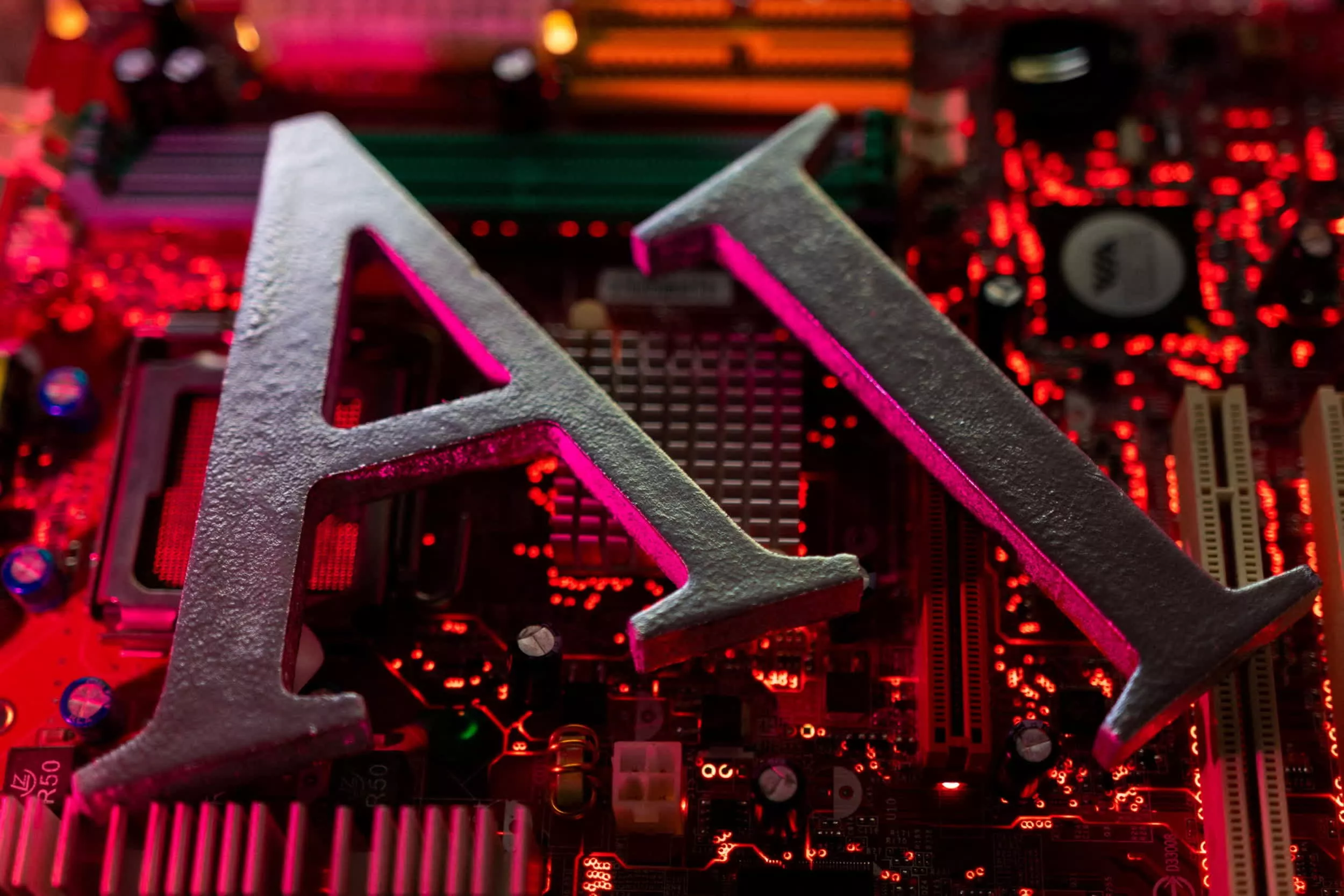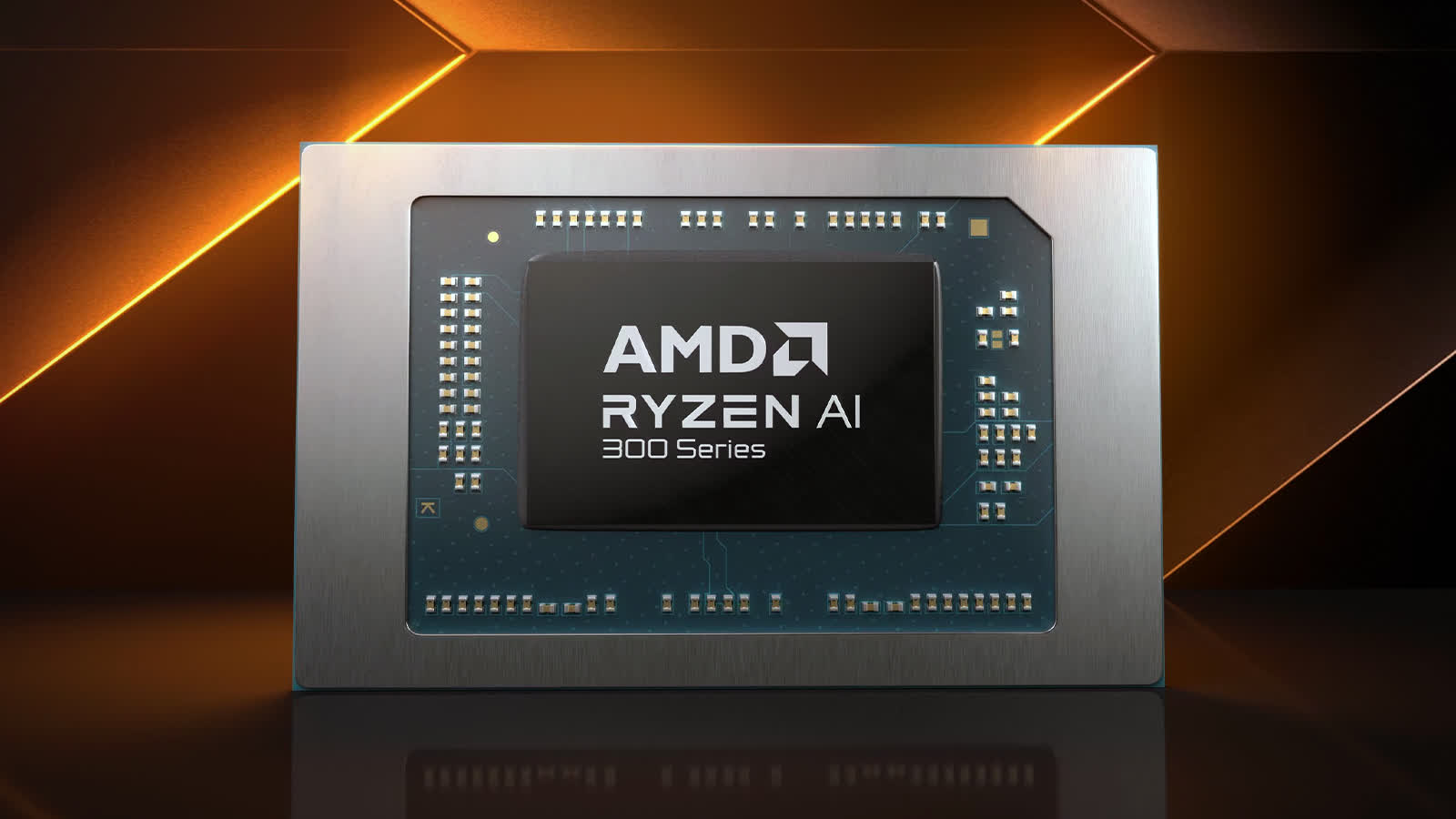Facepalm: Companies love to shoehorn the term AI into their product descriptions, even if doing so seems weird or, at times, just stupid. They believe the inclusion of the initialism will appeal to consumers who want the latest cutting-edge tech. The reality, though, is that many people are put off when a product reveals its AI smarts.

A study by Washington State University, published in the Journal of Hospitality Marketing & Management, surveyed 1,000 adults to evaluate the link between AI disclosure and consumer behavior.
The study involved presenting diverse products and services to participants. Some of these included the term "artificial intelligence" in their description to see if it affected a person's decision whether to purchase it.
It was found that one group of participants was much less likely to buy a smart television when it included "AI" in its description. Another group that saw the same description just without the AI part was much more likely to buy the TV.
The negative impact of using the term artificial intelligence was more pronounced in "high-risk" purchases such as expensive TVs, medical devices, or financial services. Mesut Cicek, the Study's lead author and Washington State University clinical assistant professor of marketing, suggested this was because consumers are more wary of losing money or risking their physical safety.
Low-risk products such as vacuum cleaners and service delivery robots that mentioned AI weren't perceived quite as badly, but people still preferred their non-AI alternatives.
"When AI is mentioned, it tends to lower emotional trust, which in turn decreases purchase intentions," said Cicek. "We found emotional trust plays a critical role in how consumers perceive AI-powered products."
The same aversion to the use of AI in descriptions was present across eight different product and service categories.
Cicek summarized that marketers should be careful how they present artificial intelligence in their product descriptions, and that emphasizing the term might not be the best approach.
Earlier this month, a poll asked if PC fans would be willing to pay extra money for hardware with AI capabilities and features. Over 22,000 people, a massive 84% of the overall vote, said no, they would not pay more. More than 2,200 participants said they didn't know, while just under 2,000 voters said yes.
Placing AI as the highlight of a product has become commonplace these days – you just have to look at AMD's Strix Point mobile chips, which carry the Ryzen AI 300 branding. There are also AI PCs, apps, sales, services, and pretty much everything else you can think of. And this is despite warnings that companies in the industry such as OpenAI could face bankruptcy if they don't start seeing better returns from the massive investments and running costs associated with the technology.
Study finds that including "AI" in product descriptions makes them less appealing to consumers
